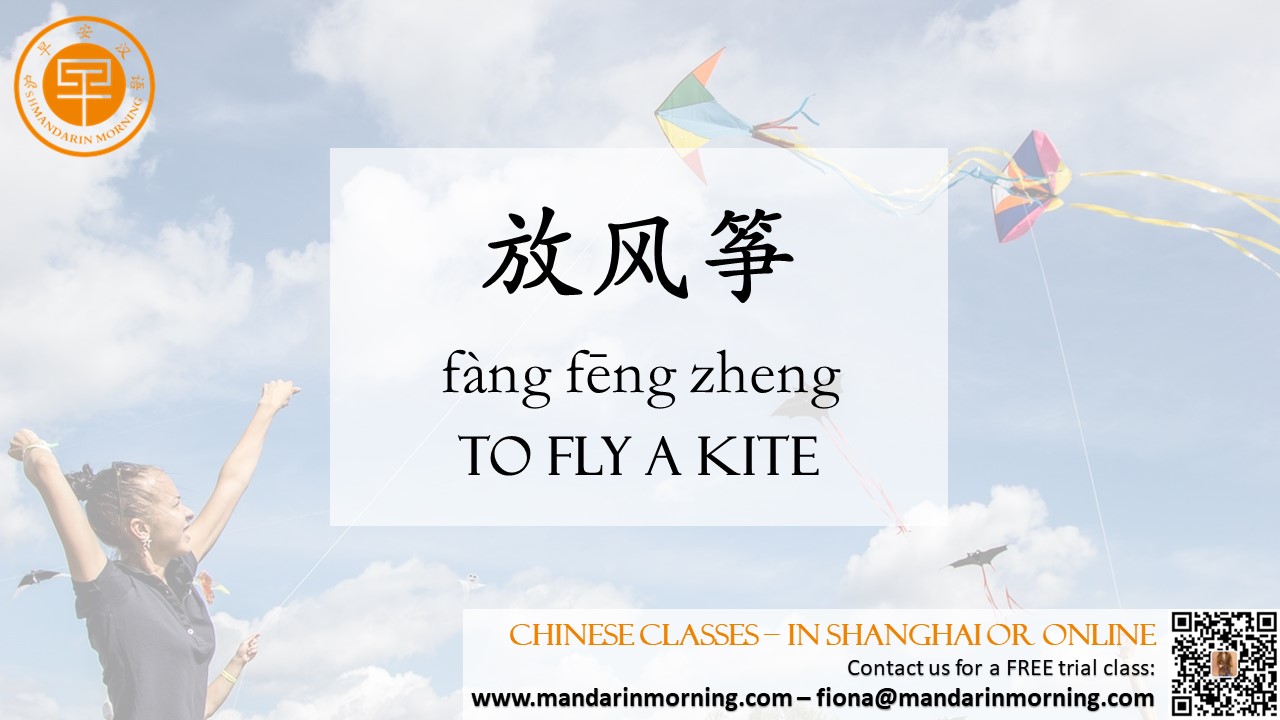Every year on the 15th day after the Spring Equinox, Chinese people celebrate 清明节 (Qīngmíng jié) “Tomb Sweeping Festival”. This is a day in which Chinese people pay respect to their ancestors. 清 qīng – clear, pure 明 míng – light, bright 节 jié – holiday, festival The festival is celebrated every year on the 15th day after the Spring equinox, the 4th, 5th or 6th April, which is a national holiday. Even though the festival has more than 2,500 years of history, it only became an official public holiday in China in the year 2008. In order to observe 清明节 (qīngmíng jié) Chinese people go to the cemetery to honour, remember and celebrate the memory of their dead relatives and ancestors. The Origins It is said that Qingming festival is celebrated to commemorate Jie Zitui, a man from the Spring and Autumn Period (770-476 BC). Jie, a devoted follower of Duke Wen of Jin (one of the five hegemons of the Spring and Autumn period) cut a piece from his own leg to feed and save his master, who was at the time in starving in exile and known as Chong’er. After 19 years away, Chong’er became a duke. He thanked and rewarded every person who helped him, but forgot about Jie Zitui and didn’t even mention him. Later, he regretted not mentioning him and decided to reward Jie, but Jie had retreated to the mountain forests with his mother and was nowhere to be found. In order to find him, the duke gave orders to burn down the forest so Jie would come out, but unfortunately, he was found dead with his mother. Chong’er was full of regrets and decided that no one would use or make a fire for three days. To honour and commemorate Jie, he also decided that the day of Jie’s death would be called Hanshi festival. The next year, on his way to the mountains to make a sacrifice for Jie, Chong’er noticed that all the willow trees were growing again. The next day he decided that the Hanshi festival was now the Qingming festival. Later on, both festivals’ traditions merged to become only one celebration. |